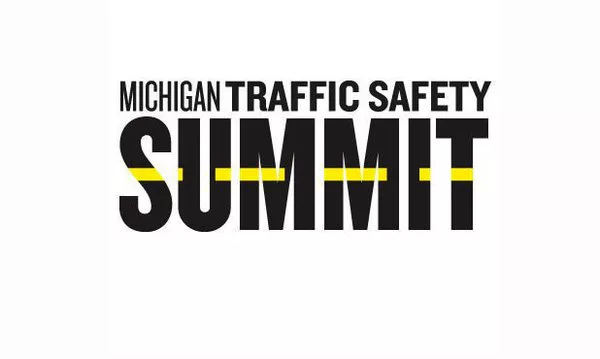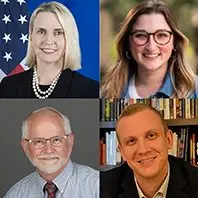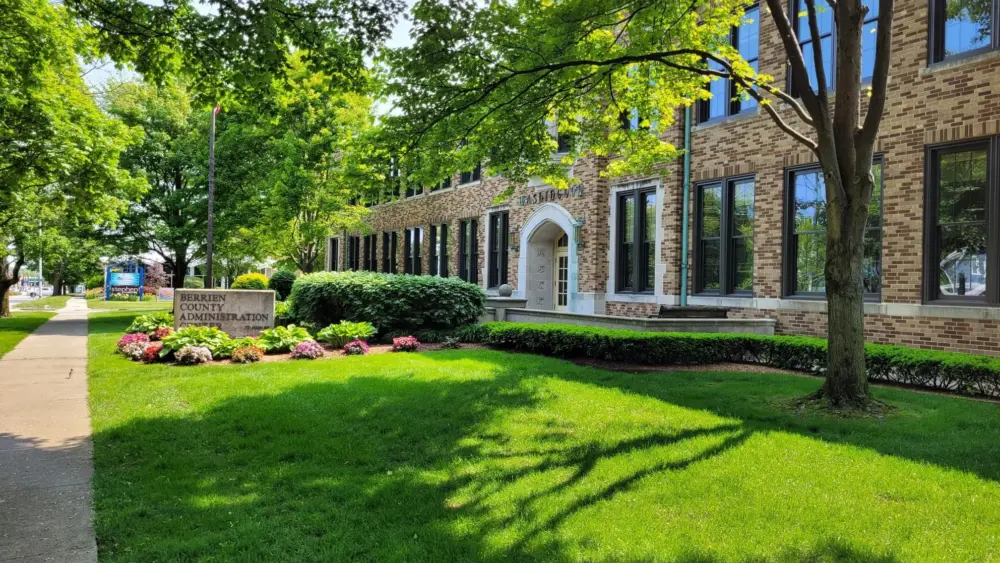Everyone from trucking company logistics planners to concerned mothers and school bus drivers will be represented in East Lansing this week for a three-day summit meeting on how to make Michigan's highways and byways safer for everyone from long haul truckers delivering cargo to teen-aged drivers headed home from school.
The 2016 Michigan Traffic Safety Summit will address everything from a national campaign seeking to help drivers better understand and use advanced vehicle safety features to dramatic crash survivor stories to the growing problem of prescription drug abuse and addiction. The 3-day summit will include topics to assist with efforts to reduce traffic deaths and injuries in the state and more.
More than 550 people are expected at the multi-part session beginning tomorrow and running through Thursday at the Kellogg Hotel and Conference Center in East Lansing. The summit is sponsored by the Michigan Office of Highway Safety Planning and is largely supported with federal traffic safety funds.
General sessions include:
Tuesday
- MyCarDoesWhat.org Campaign, Kelly Nantel, National Safety Council, Itsaca, Illinois
- Real Life Story and Consequences of Surviving a Collision with a Wrong-Way Driver, Mark Bott, Michigan Department of Transportation; David Morena, Federal Highway Administration; and former Olympian Craig Virgin, Front Runner, Inc., Lebanon, Illinois
Wednesday
- Traffic Safety and Public Policy, John Truscott, Truscott Rossman
- Prescription Drug Addiction and Abuse, Judge Linda Davis, Families Against Narcotics
Thursday
- After the Crash: Lessons Learned by Survivors of Traumatic Injury, Nick Cramer, Shanon Gray, Sam Howell, and Mary Kunz, ThinkFirst Voices for Injury Prevention speakers; Kelli Jankens, ThinkFirst State Director, Michigan
In addition to general sessions, there are 28 workshops, including: an automotive perspective on distracted driving; marijuana-impaired drivers; a fake town built for self-driving cars; changing traffic patterns: when signals become obsolete; crash to care; how parents impact driving behavior; and innovative work zone initiatives.
This year the summit will include “town hall” sessions as part of the process to update the state’s Strategic Highway Safety Plan (SHSP). The SHSP seeks to identify Michigan’s key safety needs and guide investment decisions to achieve significant reductions in fatalities and serious injuries on all public roads.
The summit runs from 9am-5pm, Tuesday; 9am-4:15pm, Wednesday; and 8:30-11:30am on Thursday. A detailed and complete program is at Michigan.gov/ohsp.






